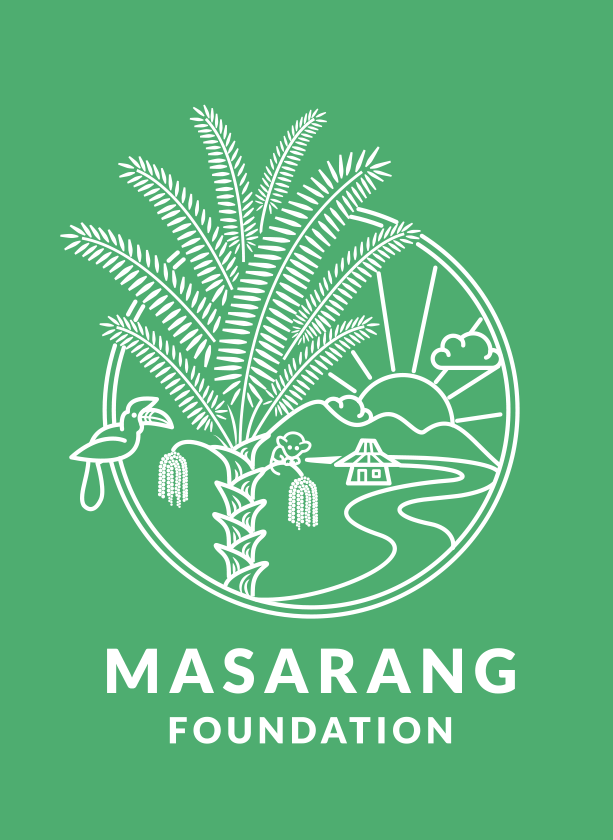



I just received some pictures from Dudung, our director of the Sintang Orangutan Centre in the heart of Borneo, after he reached an area with telephone signal again. He was returning from Tembak where we have an orangutan forest school and many other projects together with the local population. Even though the physical distance is only 80 kilometers the road condition is extremely difficult. A technique used by many oil palm associated persons is to make or keep access for local people very difficult until they sell their lands for oil palms…
Palm oil plantations produce massive amounts of CO2
The oil palm plantations also lead to the disappearance of so-called peat domes. These are thick layers of organic material that once exposed to air and oil palm related fertilizer decompose quickly. As a result they produce vast amounts of greenhouse gases while losing up to 20 cm of peat every year. That then again leads to more severe and more frequent flooding.This is also damaging river systems and the services they provide to local people. The pictures Dudung sent show what that really means in practical terms and how it impacts our work for the orangutans and people in Tembak and increases our operational expenditures.
Willie Smits
4th of march 2019
